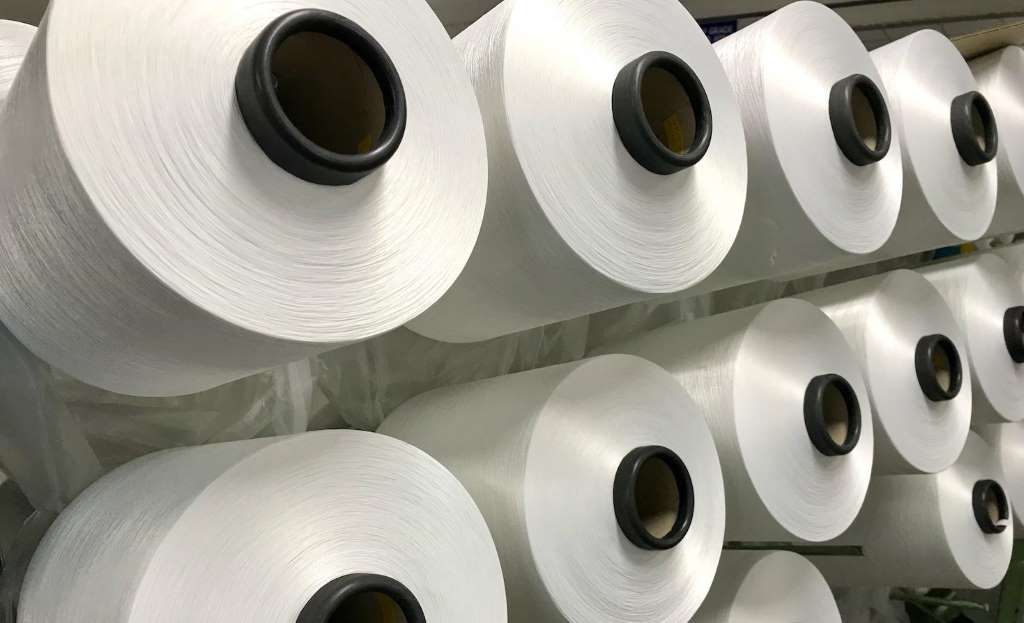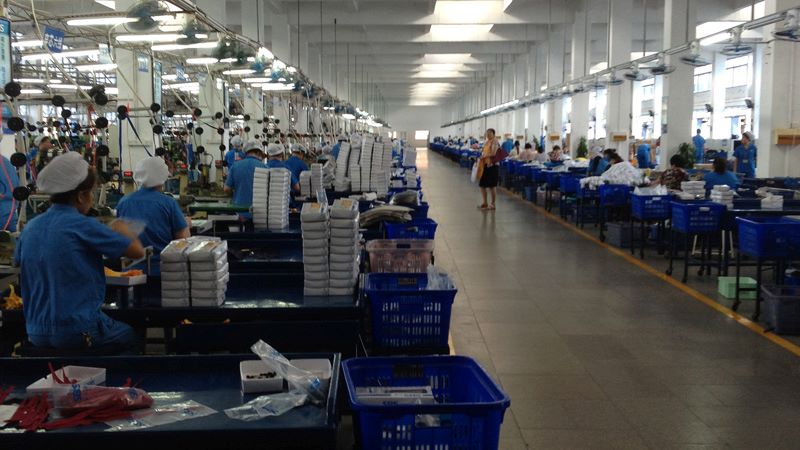The US decision to withdraw GSP preferences to India has come about as a result of the change in foreign direct investment rules in India. The tightened norms that came into effect on February 1 place several restrictions on e-commerce companies, including Walmart and Amazon. Walmart has a reputation of killing small retail businesses with ultra-low prices, a concern that probably influenced India’s decision to tighten FDI rules. While the FDI policy might be irreversible, economic diplomacy can still defuse the situation and prevent the removal of the GSP benefits.
Tensions escalated when India, in response to America’s 25 per cent tariff hikes on steel and 10 per cent levies on aluminium, immediately accused it of unfair trade practices, and, seeking to signal a muscular approach, threatened retaliatory tariffs on US imports.
India’s GSP status came under review after the US medical and dairy industries complained that India was not providing them equitable and reasonable access to its market. India’s use of price control measures against imported drugs and medical devices has grown noticeably. Cardiac stents were put under price controls in February 2016 and knee implants attracted similar action in August 2017, after which trade margins for many medical devices are sought to be capped. US manufacturers complain that in doing so, India has meted out differential treatment to them vis-à-vis domestic players.
India and the US engage in tit for tat tariff war
- 1
- 2
- 3
- 4
- 5
- 6
- 7
- 8
- 9
- 10
China's luxury e-com boom fizzles as shoppers drive up returns
China's luxury e-commerce market, once a golden goose for high-end brands, is facing a new challenge: skyrocketing return rates. Shoppers... Read more
Dynamic growth and evolution of the women’s apparel market
The Women’s Apparel market stands as a dynamic force within the global fashion industry, embracing a plethora of clothing and... Read more
Bangladesh shifts cotton sourcing from India to Africa, as it impact global cott…
Bangladesh, the world's second-largest garment exporter after China, is undergoing a significant shift in its cotton import strategy. Traditionally, India... Read more
Global Apparel Trade Slowdown: Waning consumer demand paints bleak economic pict…
Wazir Advisors April 2024 report on global apparel trade paints a worrying picture, with major markets like the US, EU,... Read more
China's fabric exports to India shrink with rising domestic demand
While China remains the world's leading textile producer, its grip on India's fabric import market appears to be loosening. Data... Read more
Levi's makes big bet on DTC sales, embraces baggy denim trend
Levi Strauss & Co. (Levi's) is experiencing a positive shift in its business strategy, with a strong focus on direct-to-consumer... Read more
Fashion InStyle, Home InStyle showcase lifestyle trends and sustainability effor…
The Hong Kong Trade Development Council (HKTDC) is hosting a week-long extravaganza of lifestyle products and creative industries, featuring two... Read more
Shenzhen Underwear Fair (SIUF) Wraps Up Showcasing Expanding Focus: Beyond linge…
The 2024 China (Shenzhen) International Brand Underwear Fair (SIUF) concluded yesterday, April 21st, marking the end of a three-day event... Read more
H&M's shift from recycled bottle polyester and what it means for circular fa…
In a significant move Swedish fashion giant H&M has recently moved away from recycled polyester derived from plastic bottles and... Read more
China's apparel and textile industry defies expectations with Q1 growth boom
China's economic performance in the first quarter of 2024 surprised many exceeding expectations with a 5.3 per cent GDP growth.... Read more












